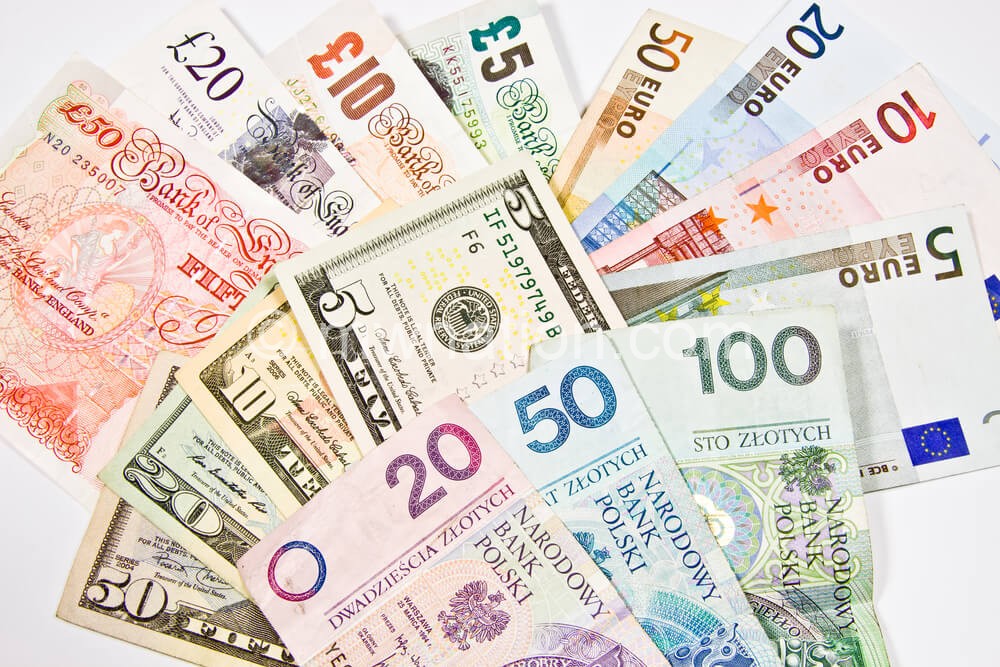Persistent foreign exchange shortages in the country have had adverse effects on public service delivery and the wider economy, the World Bank has said.
In its recent country economic analysis, the bank said the effects on the retail fuel sector are the most visible symptom of much wider challenges.
Reads the analysis: “In a context where many businesses are unable to access foreign exchange allocations from commercial banks, a black market for US dollars and other foreign currencies has emerged.
“However, organisations importing essential commodities, such as the Central Medical Stores Trust, must rely on official channels. Despite efforts to prioritise these essential imports in foreign exchange allocations, there have been widespread reports of shortages.”
In his 2022/23 Mid-Year Budget Review Statement, Minister of Finance and Economic Affairs Sosten Gwengwe said government expects to accumulate foreign exchange reserves on account of enhanced production and increased donor grant financing which will stabilise the exchange rate.
He said government will continue to undertake policy actions aimed at ensuring that the market has adequate foreign exchange and at the same time, boost holdings of gross official reserves.
Meanwhile, gross reserves decreased by more than half from $847 million in December 2019 and one-third over the year from $605 million in August 2021 to $326 million in October 2022, or around 1.3 months of import cover.
The post Forex shortage affecting public service delivery—World Bank appeared first on The Nation Online.
 Moni Malawi
Moni Malawi 

